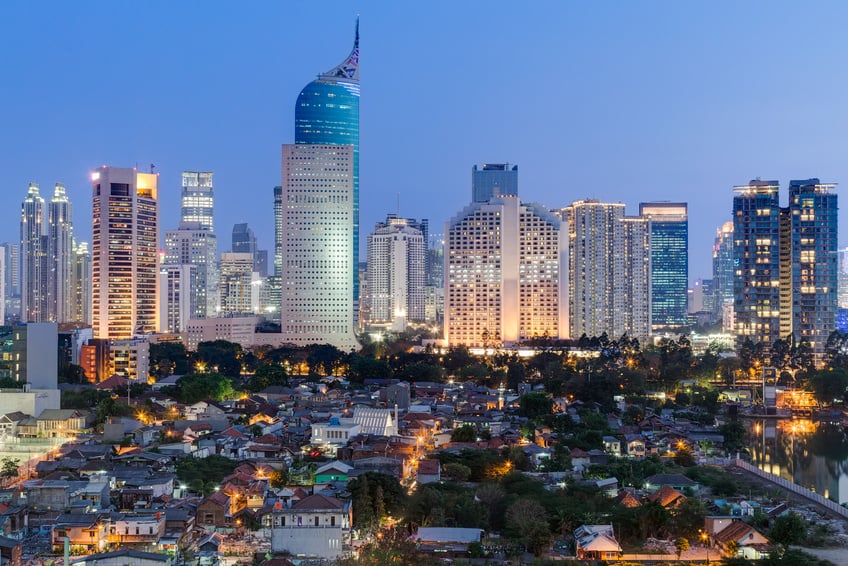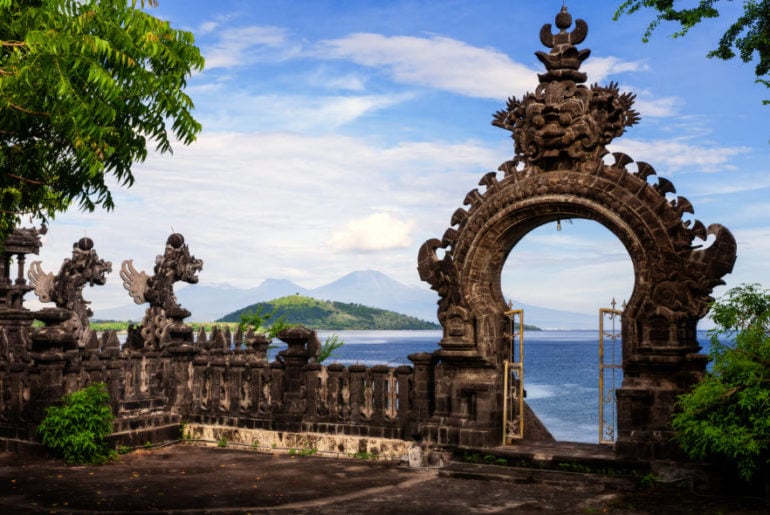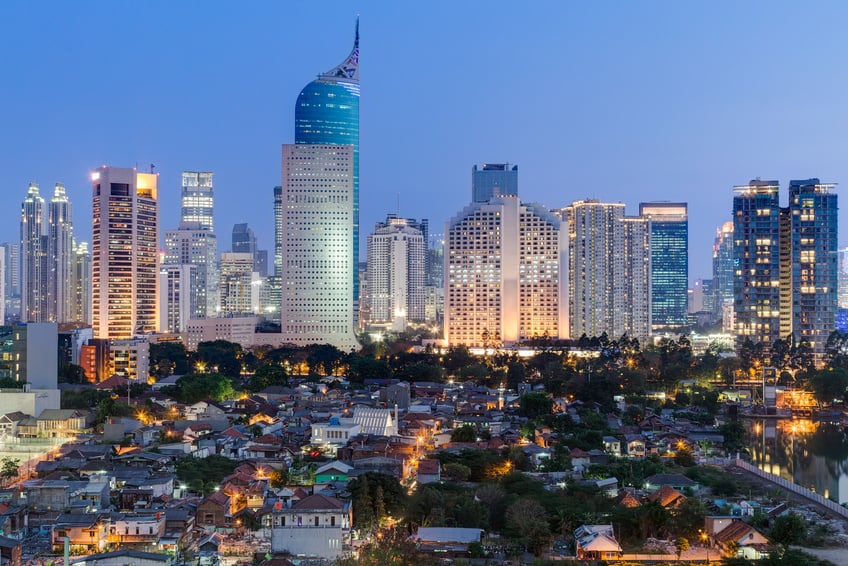Companies with effective Antitrust & Competition Compliance Programs may benefit from more lenient sanctions if KPPU finds an infringement in the future. KPPU Regulation No. 1 of 2022 on ACCP was issued earlier this year to provide further guidance for the implementation of Article 15(a) of Government Regulation No. 44 of 2021. To receive the compliance credit, it is important to ensure your ACCP meets the requirements of the KPPU Regulation and then secure the KPPU certification (a stipulation that will be valid for five years, and is renewable).
The draft of the Indonesian Personal Data Protection Law was approved to become law by the Indonesian Parliament (Dewan Perwakilan Rakyat Republik Indonesia) on 20 September 2022. With this approval, we are nearing the end of the process of an ambitious piece of legislation, which took several years to get approval. For several years, Indonesia has only relied on various diverse regulations that contain privacy provisions without one comprehensive umbrella law on personal data protection.
On 30 August 2022, the Indonesian competition authority (“KPPU”) issued Circular No. 9/KPPU/SE/VIII/2022, clarifying that it will accept apostilled foreign official documents.
Since Indonesia acceded to the Apostille Convention in 2021, The KPPU’s position on this has been unclear, particularly with regard to how powers of attorney issued abroad should be processed. With this Circular, it the authority has now confirmed that documents issued in a member state of the Apostille Convention will only need to be notarized and apostilled to be accepted by KPPU.
KPPU, Indonesia’s competition authority, is taking an increasingly aggressive stance, as seen in its latest decision on partnerships between a large corporation and small and micro enterprises. In that case, a maximum fine of IDR 10 billion (approx. USD 670,000) was imposed on a large corporation that was viewed by KPPU as controlling the SMEs it partners with. This recent development could indicate the start of a more rigorous approach to enforcement by KPPU against SME partnerships.
On 30 August 2022, the Indonesian House of Representatives agreed to pass a law ratifying the Regional Comprehensive Economic Partnership, the largest regional free trade agreement outside the World Trade Organization — involving 10 ASEAN countries and five non-ASEAN countries, i.e., China, New Zealand, Australia, Japan and South Korea. With the passing of this law, which still requires promulgation by the President, RCEP is set to come into force for Indonesia, possibly before the end of the year.
In the spirit of the ASEAN Central Bank Governors’ Meeting in April 2022 (which is one of Indonesia’s G20 Presidency events) and Indonesia’s Payment System 2025 Visions that were introduced in May 2019, Bank Indonesia has launched cooperation with Bank of Thailand that enables consumers and merchants in both countries to make and accept instant cross-border QR payments for goods and services.
The Government has begun the process of “re-doing” the Law No. 11 of 2020 on Job Creation as was mandated by the Constitutional Court on 25 November 2021. It has issued an amendment to the law governing the legislative process to accommodate the omnibus law method used for this law. The Government must now involve the public in a meaningful way in discussing the substance of the law that will replace Law No. 11 of 2020, while still completing the whole process by the 25 November 2023 deadline. In the meantime, the amendment itself is still subject to constitutional challenges.
To keep up with the momentum of digitalized lending and address the multitude of aspects (including financial inclusion and consumer protection) impacted by this ever-growing practice, the Indonesian Financial Services Authority (Otoritas Jasa Keuangan or OJK) has finally issued the long-anticipated regulation that revamped OJK Regulation No. 77/POJK.01/2016 on Information Technology-Based Lending Services (POJK 77). On 4 July 2022, OJK enacted OJK Regulation No. 10/POJK.05/2022 on Information Technology Based Collective Funding Services, updating the requirements for peer-to-peer lending operators and revoked POJK 77.
The latest episode of the series, 10 Things You Need to Know about Customs Audit in Indonesia, tackles two key themes: customs audits and current/hot audit issues in Indonesia. Our speakers discuss 10 of the most highlighted areas that a company needs to know about Indonesia customs audits.
The consumption of Sugar-Sweetened Beverages (Minuman Berpemanis Dalam Kemasan or MBDK) in Indonesia has risen significantly in the past 20 years, making Indonesia the third highest consumer of MBDK in Southeast Asia in 2020. The high MBDK consumption may have numerous health implications that will significantly impact Indonesia’s health and social and economic development.
To deal with this issue, the Indonesian government has included excise revenue from MBDK in this year’s State Revenue and Expenditure Budget (Anggaran Pendapatan dan Belanja Negara or APBN).


